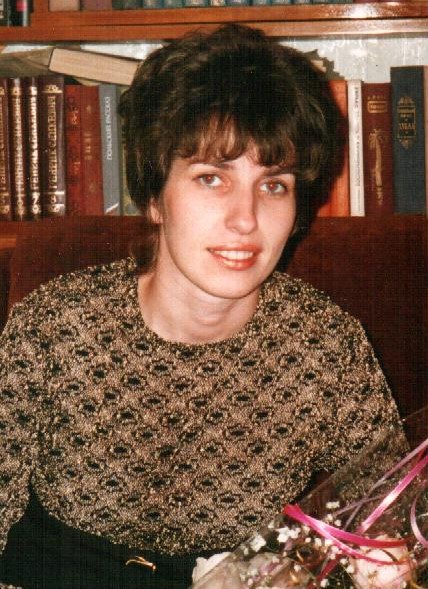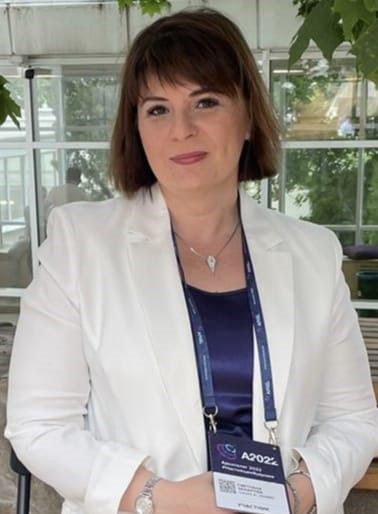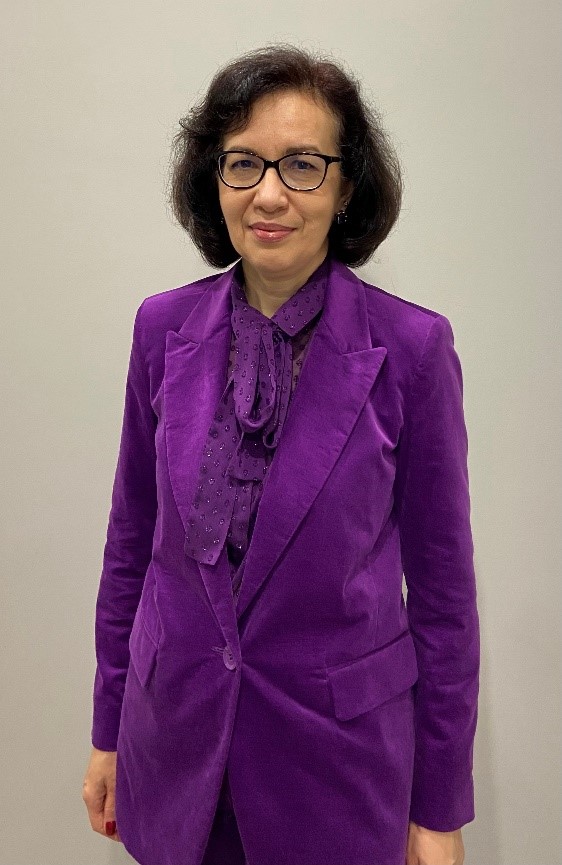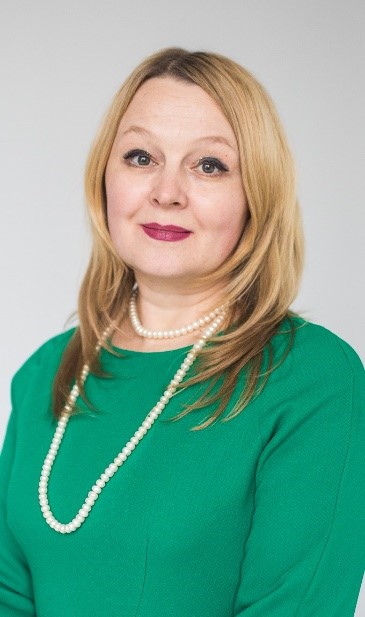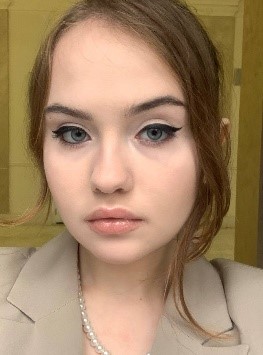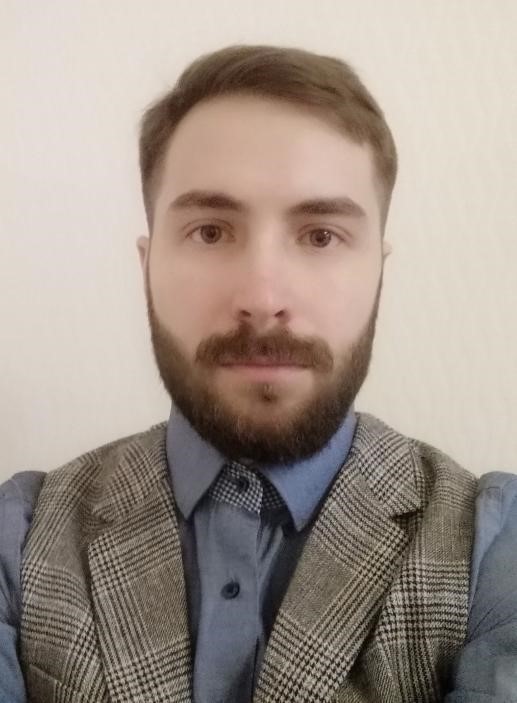Pavlova Olga Yuryevna
Place of work: Federal State Budget Educational Institution of Higher Education “South Ural State Humanitarian Pedagogical University”, Chelyabinsk, Russia
Academic degree: Candidate of History
Academic status: associate professor
Post: department associate professor of the department of foreign languages
Specialty from nomenclature of scientific specialties (Code of Higher Attestation Commission): 07.00.03 – General history (of the corresponding period)
Scientific major: theoretical and practical issues of teaching foreign languages. General history (of the relevant period).
Important publications:
- Pavlova O. Y. The evolution of the «Northern Rock» – «Virgin Money» group as a reflection of general trends in the development of the UK financial system // Russian Economic Online Magazine. – 2024. – № 3. – EDN VTVRGJ.

